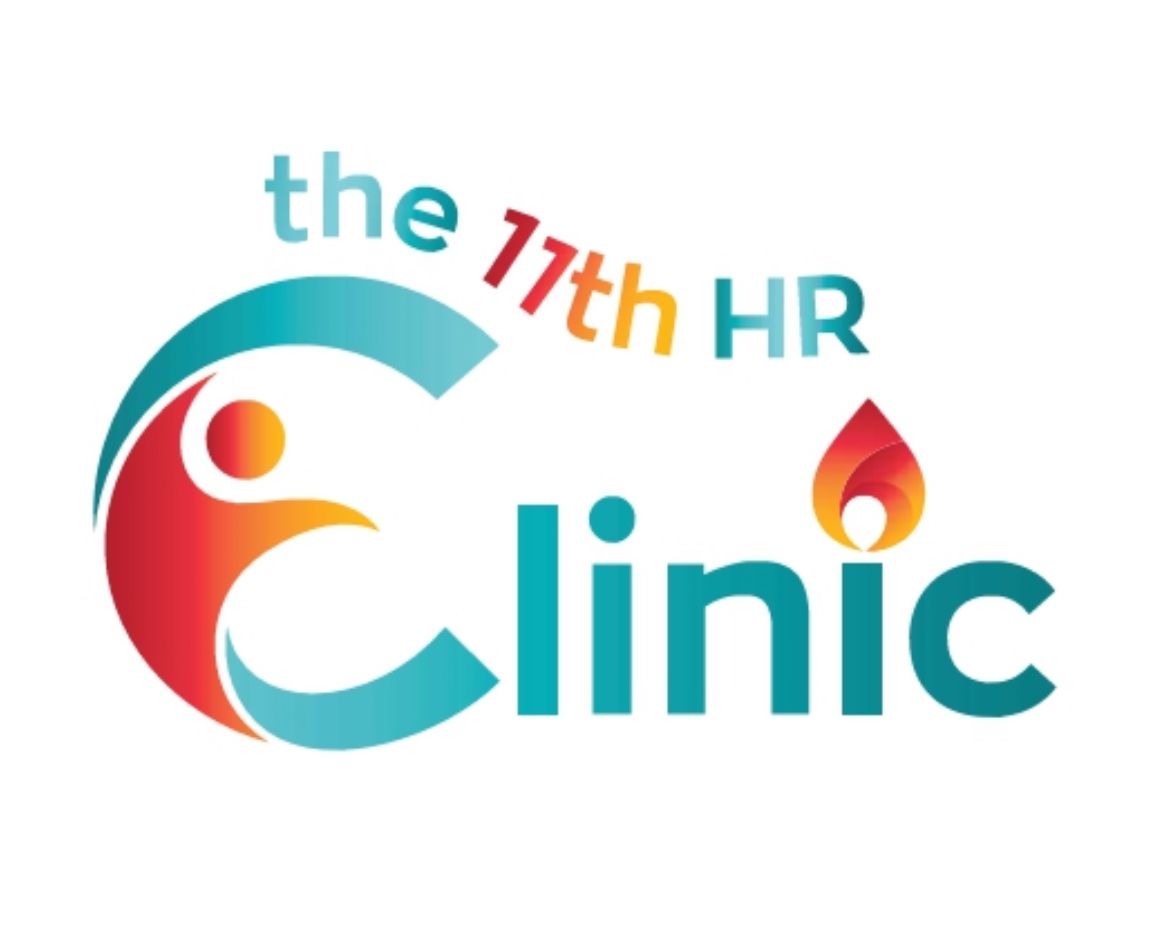Adjustment to Injury
From the Field to the Workplace
What is Adjustment to Injury?
At its core, adjustment to injury is the emotional, psychological, and behavioral process a person experiences in response to physical trauma. It’s not just about recovery — it’s about adapting to a new normal, whatever that looks like. This process often includes:
- Emotional reactions such as denial, anger, frustration, sadness, or acceptance
- Cognitive shifts in self-perception, identity, and future outlook
- Behavioral changes like withdrawal from usual activities, or engagement in rehab and recovery routines
In Sports Psychology: When Identity Is on the Line
Athletes often tie their identity tightly to performance. When injury strikes, it's more than a physical blow — it's a threat to who they are. Common psychological responses in athletes include:
- Grief over lost performance or missed opportunities
- Fear of re-injury, which can reduce performance or delay return to play
- Loss of identity, especially in elite athletes who have devoted their lives to their sport
- Motivational challenges when recovery is long or uncertain
Mental strategies like Cognitive Behavioral Therapy (CBT), goal setting, and visualization are often used by sports psychologists to help athletes regain control and confidence. Encouraging a sense of purpose outside of sport can also be a key part of long-term mental recovery.
Injury is more than just a physical setback — it can shake the very foundation of who we are. Whether you're a high-performing athlete sidelined during peak season or a skilled worker injured on the job, the process of adjusting to injury goes far beyond healing bones or muscles. It’s about navigating emotional hurdles, redefining identity, and rebuilding confidence.
In the Workplace: More Than Just Physical Recovery
Workplace injury adjustment can be a complex process. Workers often deal not only with the physical pain, but with job insecurity, financial stress, and the challenge of navigating workers’ comp or insurance claims.
Common challenges include:
- Fear of job loss or demotion
- Changes in routine or lifestyle
- Loss of self-worth or productivity
- Mental health issues, such as depression, anxiety, or post-traumatic stress (if the injury was traumatic)
In many cases, individuals experience an identity crisis: “If I can’t do my job, who am I?”
Clinical and Occupational Health Support
The adjustment process in a workplace injury context is often managed with a biopsychosocial approach — treating the physical injury, the emotional toll, and the social or work-related implications.
Key components of care may include:
- Multidisciplinary rehab teams: Physicians, physiotherapists and occupational psychologists
- Work conditioning programs: Gradual physical preparation for return-to-work
- Mental health support: Therapy to address trauma, depression, or fear-avoidance
- Return-to-work planning: Coordinated plans that involve modified duties and collaboration with employers
By focusing on whole-person recovery, clinicians can help individuals move from surviving to thriving — physically, mentally, and professionally.
Final Thoughts: Every Journey is Unique
No two injuries—and no two recoveries— are the same. Whether you’re an athlete battling back to competition or a trades person learning to navigate life after injury, the road to adjustment takes time, support, and self-compassion.
Understanding the psychological aspects of injury is just as important as treating the physical ones. With the right tools and team, healing becomes more than recovery — it becomes transformation.
Need Support Adjusting to Injury?
Whether you're navigating your own recovery or supporting someone through theirs, you're not alone. Our team is here to guide you every step of the way.
We’re Here to Help
Ready to access support with professional, compassionate care?
- Call our office on 07 3303 0364 to speak with a member of our team
- Submit an online enquiry and we’ll get back to you via phone or email
- Email us at hello@11thHRclinic.com.au with your request and we’ll get back to you



